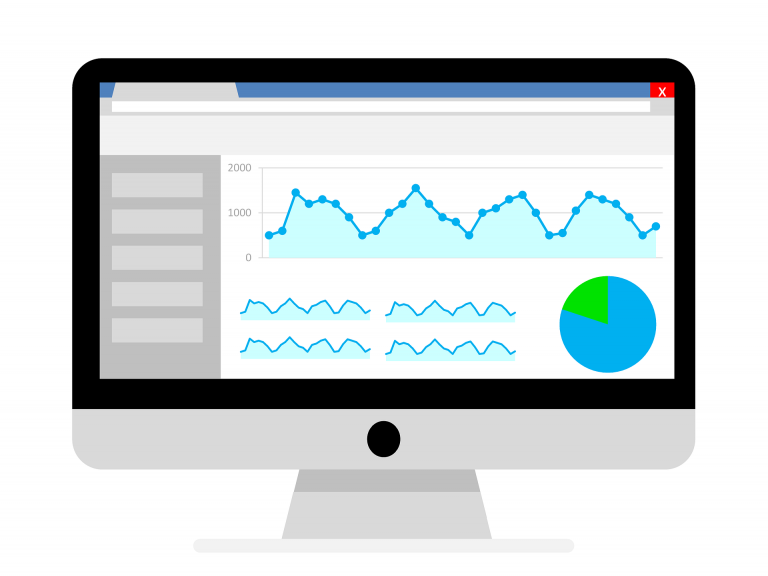Many e-commerce brands are overwhelmed by the amount of data produced by their business. With so many competing priorities, the task of data analytics falls by the wayside. Read this post to learn why this is a mistake, as well as how you can avoid this pitfall.
The Importance of E-commerce Data Analytics
E-commerce has become a vital part of the modern economy, with online sales accounting for a growing percentage of total retail revenue. In order to succeed in this competitive landscape, e-commerce businesses need to be able to effectively analyze and make use of the vast amounts of data generated by their operations. From tracking website traffic and sales to monitoring customer behavior and preferences, data analytics is essential for understanding and improving the performance of an e-commerce business.
Why Data Analytics is Important for E-commerce Businesses
Data analytics allows e-commerce businesses to gain a deep understanding of their customers, operations, and performance. This information can be used to make informed decisions about everything from product development and pricing to marketing and customer service. By analyzing data on customer demographics, purchase history, and browsing behavior, businesses can identify trends and preferences that can inform product development and marketing strategies. Similarly, by analyzing data on website traffic, sales, and conversion rates, businesses can identify areas where they can improve the customer experience and increase revenue.
In addition to providing valuable insights into customer behavior and performance, data analytics can also help e-commerce businesses identify and mitigate potential risks. For example, by monitoring customer complaints and feedback, businesses can identify and address issues that might otherwise go unnoticed. Similarly, by analyzing data on inventory levels and shipping times, businesses can identify potential supply chain disruptions and take steps to mitigate them.
Data analytics also helps e-commerce businesses to increase customer retention, by analyzing customer data and identifying patterns of customer behavior, businesses can predict which customers are likely to leave, and which ones are likely to stay. By using this information, businesses can take proactive steps to retain their most valuable customers. Additionally, businesses can use data analytics to identify and target new customer segments, by analyzing data on customer demographics, purchase history, and browsing behavior, businesses can identify new market opportunities and develop strategies to target these new segments.
Tools for E-commerce Data Analytics
Boardroom
One of the most popular tools for e-commerce data analytics is Boardroom. It is an excellent tool for data analytics for e-commerce brands. Boardroom is a powerful, easy-to-use platform that helps businesses track and analyze data from across their operations, including website traffic, sales, and customer behavior. With Boardroom, businesses can gain a comprehensive view of their performance and identify areas for improvement.
Google Analytics
Another popular tool for e-commerce data analytics is Google Analytics. This free platform provides businesses with a wealth of information about website traffic and user behavior, including page views, bounce rates, and conversion rates. With Google Analytics, businesses can track key metrics, identify areas for improvement, and make data-driven decisions about their e-commerce operations.
Mixpanel
Mixpanel is a powerful tool that allows e-commerce businesses to track and analyze customer behavior and engagement. It enables businesses to understand how customers interact with their website and mobile apps, by providing detailed analytics on user behavior and engagement. This includes information on how customers interact with different parts of the website, how long they spend on the site, and which pages they visit. With Mixpanel, businesses can gain a detailed understanding of customer behavior and make data-driven decisions to improve the customer experience and increase revenue.
Wrap it up
In conclusion, data analytics is an essential tool for e-commerce businesses looking to succeed in the competitive online marketplace. By using tools like Boardroom and Google Analytics, businesses can gain valuable insights into customer behavior, performance and make data-driven decisions to improve their operations. To get started with Boardroom, visit https://www.ecommboardroom.com/app and start to unlock the power of data analytics for your e-commerce business today.


